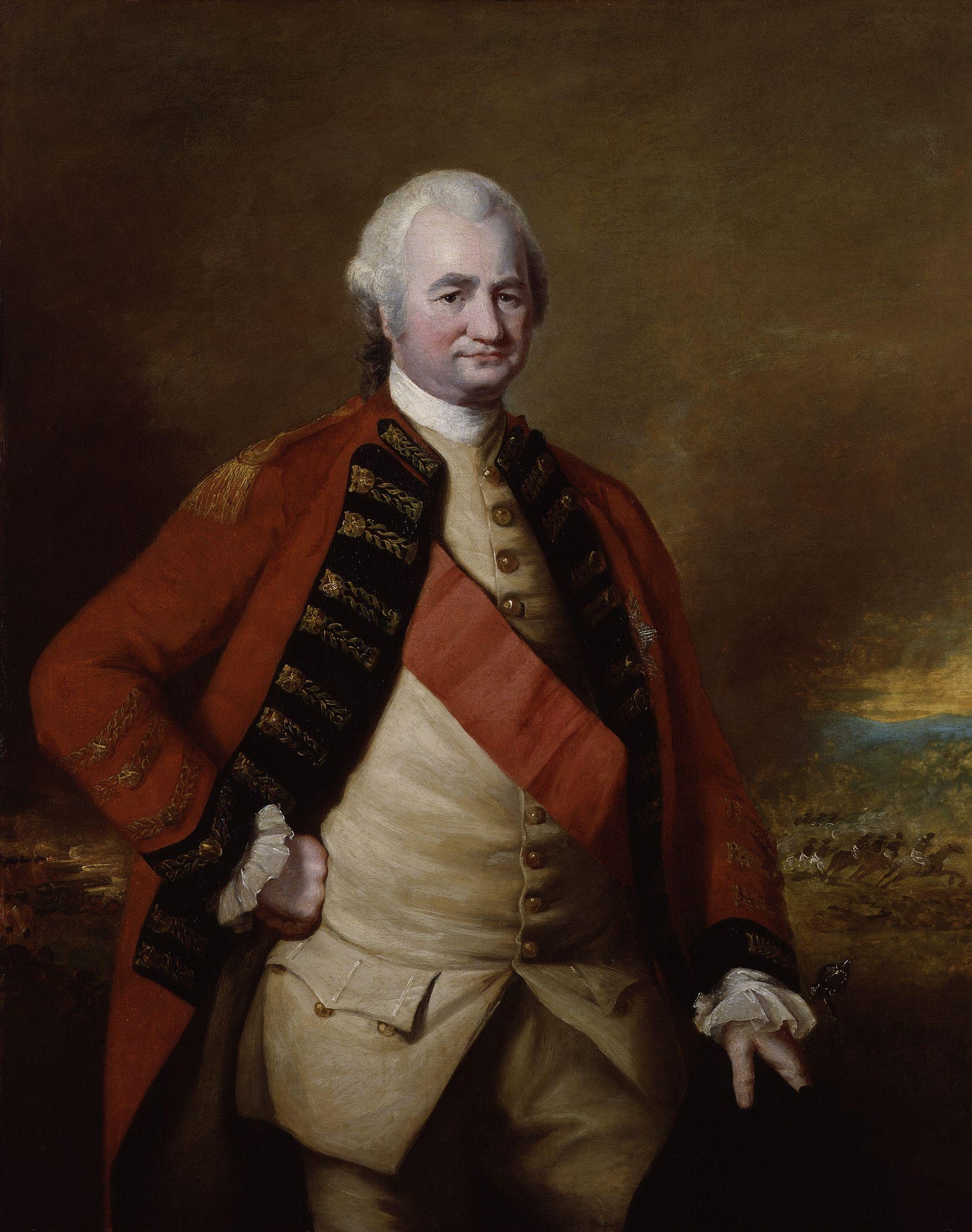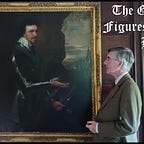“By God, Mr Chairman, at this moment I stand astonished at my own moderation.”
As I write this on the 29th September, it is the 300th anniversary of the birth of Robert Clive, later Lord Clive, best known as Clive of India; for he created the Indian Empire, that was the backbone of British greatness in the 19th century.
Clive was born near Market Drayton, a Shropshire town, and his father Richard was a modest landowner who, much later on, was rescued from financial embarrassment by his son. One of his early teachers, Dr Eaton, who ran a small school in Lostock in Cheshire, said of the boy “if this scholar lived to be a man, and opportunity enabled him to exert his talents, few names would be as great as his”. This is not in the normal run of encomiums on those who achieve greatness, which often benefit from some element of hindsight; it was an early prediction of greatness which Clive unquestionably achieved.

Not that Clive’s initial efforts were successful. When he first tried to get to India, he was blown dramatically off course and ended up in Brazil. The delay of nine months meant that when he reached Madras, he was in debt to the captain of the ship in which he had sailed, and the one person to whom he had a letter of introduction had left India altogether. His first few months were lonely, and the clerkly work he carried out bored him. It was the move into military service in 1747 that provided him with the excitement that he craved and allowed him to show the courage and panache for which he is remembered by posterity.













